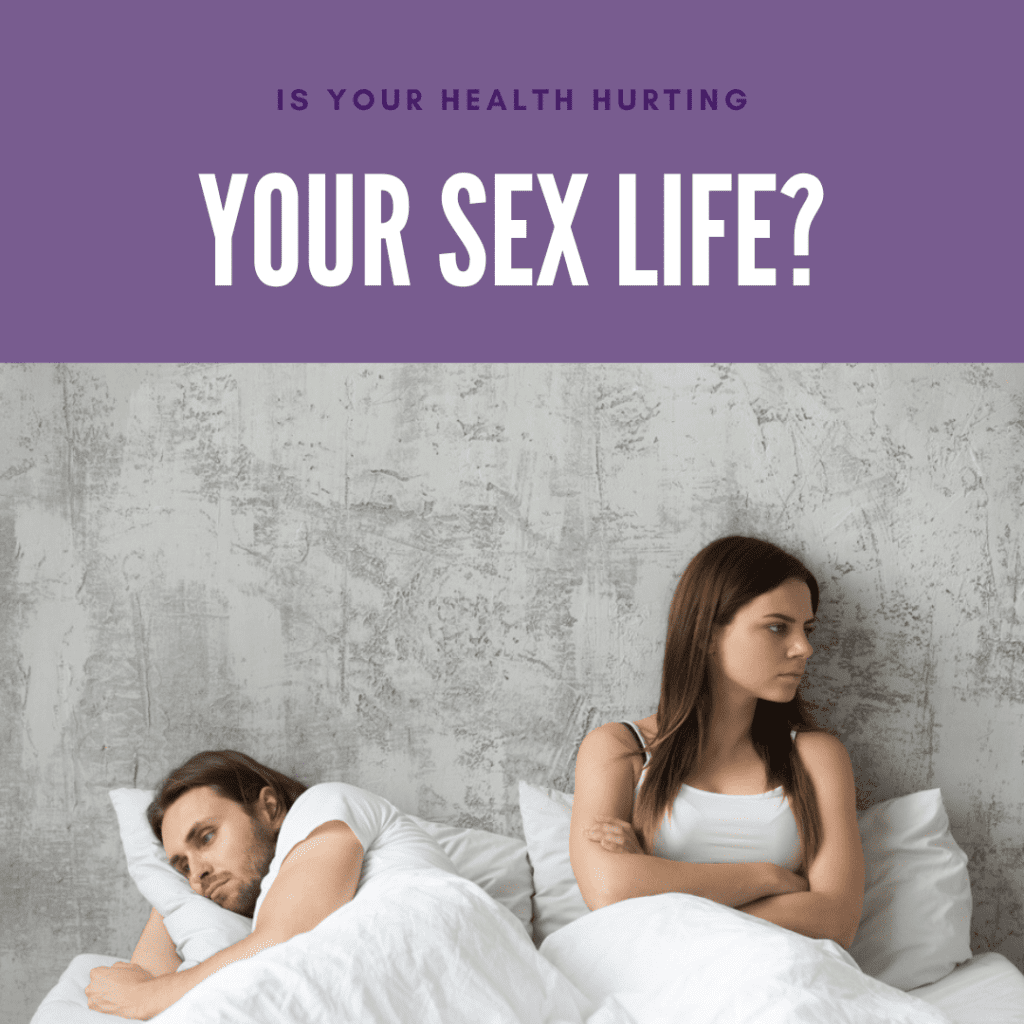We all have moments where we’re just “not in the mood”. But if you find yourself never being in the mood, it could be an indication that you are affected by hypoactive sexual desire disorder (HSDD), also known as female sexual interest/arousal disorder. HSDD is a type of sexual dysfunction classified by a little to no interest in sexual activity, lack of pleasure from genital stimulation or sex, little to no sexual thoughts or fantasies, or disinterest in initiating sex.
HSDD can have physical or emotional causes, as well as a combination of both. Therefore, treatment for HSDD works by identifying and addressing these causes. For emotional causes, such as anxiety, depression, self-esteem issues, trust issues, or history of sexual abuse, working with a mental health professional is generally recommended. However, if HSDD has a physical cause, then the best treatment is to diagnose and treat the underlying medical condition. Here are some common medical conditions that can be hindering your sexual desire and causing HSDD:
Diabetes
Type-2 diabetes can cause hormone changes, as well as reduced blood flow to the genitals. As a result, vaginal dryness can occur and make sex painful. It has also been found that women with diabetes have an increased risk of developing vaginal inflammation, vaginal infections, and urinary tract infections (UTIs).
Heart Disease
Poor circulation can disrupt blood flow to the genitals, resulting in a lack of lubrication and arousal. Unfortunately some of the medications used to treat heart disease can also dampen desire, as well as make it more difficult to achieve orgasm. In some cases, different medications can be used to alleviate sexual dysfunction.
High Blood Pressure
While the link between high blood pressure and sexual problems in women is not exactly clear, there is some evidence to suggest that high blood pressure can cause vaginal dryness, a decrease in sexual arousal and difficulty achieving orgasm.

Hormone Changes
If you just had a baby and are currently breast-feeding, your prolactin levels are higher to promote breast milk production. However, high prolactin levels causes the hormones responsible for sex drive to drop. Post-menopausal women and women transiting into menopause also undergo a decrease in the hormones responsible for sex drive. Often times, the other medical conditions in this list may also cause your hormones to fluctuate and affect your libido.
Neurological Conditions
Sexual dysfunction can occur as a symptom of a neurological disorder, as well as an effect of one and only a consultation with a neurologist can determine which it is. Most commonly, sexual dysfunction associated with neurological conditions occurs as a decrease in sexual desire, vaginal dryness, or inability to experience sexual pleasure. In some cases, an unusual increase is sex drive can also indicate a neurological condition.
Thyroid Problems
Thyroid disease can lower vaginal lubrication, which can make sex less pleasurable and even painful in some cases. Thyroid disease also decreases testosterone levels, which lowers your sex drive. While many people think testosterone is a male hormone, women produce this hormone as well. In both males and females, testosterone plays an important role in regulating sex drive. Finally, both hyperthyroidism and hypothyroidism can cause depression and fatigue, which have both been found to negatively affect sex drive.

Dr. Geoffrey Zann is a Certified Robotic Da Vinci Surgeon, Board-certified by the American College of Obstetricians and Gynecologists, and a Diplomat of the American Board Obstetrics of Gynecology. He has been a member of the American Society for Colposcopy and Cervical Pathology, American Association of Gynecologic Laparoscopists, and the Hugh R. K. Barber Obstetric and Gynecologic Society.
